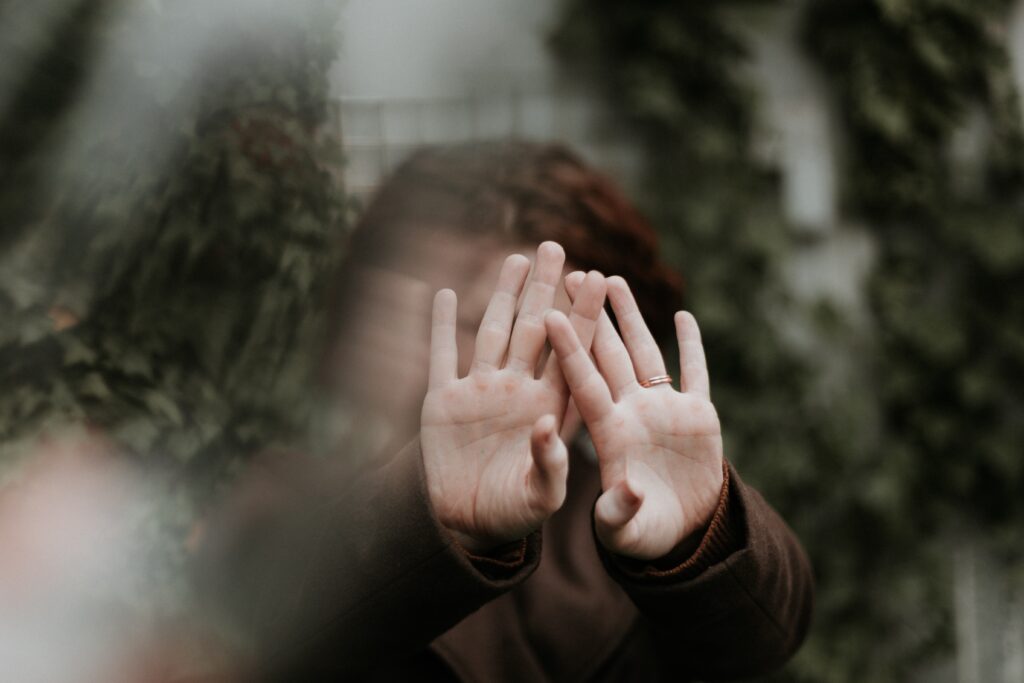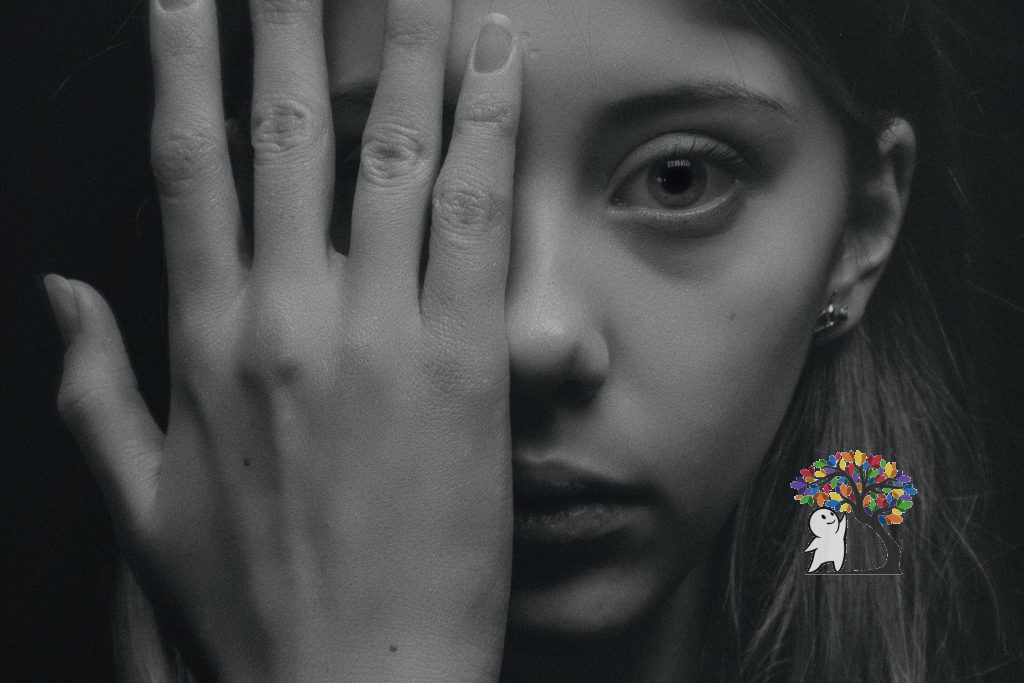How Childhood Trauma Shapes Your View On Life

For most of us, childhood was a simple, carefree time filled with fun and innocence.But unfortunately, not everyone is lucky enough to have that. Some people experience trauma at an early age and robs them of this sense of safety and security, and they often grow up to carry that trauma with them well into their adulthood.
Defined as “the experience of a single or multiple events by a child that is emotionally painful or distressful,” studies show that childhood trauma often leads to serious lifelong damages to one’s mental and physical health (Wang, et al., 2018). And the sad truth is, it affects a lot more people than most of us are even aware of. Some examples of childhood trauma include: abuse (be it physical, emotional, or sexual); witnessing a traumatic event (such as domestic violence); abandonment or neglect; and bullying.
Have you ever wondered how such experiences could impact a person? While there are a lot of ways childhood trauma can have an effect on us, here are the main ways they shape your view on life:
1. It Makes You More Pessimistic.
Many studies have proven that people who have experienced a traumatic event, especially when they were younger, are more likely to be pessimistic. They often generalize their traumatic experience into a generalized negative expectation of the world that makes it more difficult for them to see the positive side of things or trust that good things will happen. Rather, they internalize their unhealed trauma until it manifests as either self-blame, passive helplessness, or a pessimistic worldview (Mental Health Center at Destination Hope, 2022).

2. It Makes You Feel More Alone.
A lot of research tackles the detrimental effect childhood trauma can have on a person’s mental and emotional well-being, but what we don’t often realize is that these detrimental effects can trickle down to impact our view of not only ourselves but of the world in general, too. How? Well, childhood trauma is known to increase a person’s likelihood of developing depression and anxiety, as well as making them more vulnerable to feelings of guilt and shame. This negative self-view then makes victims more socially withdrawn and, as a result, suffer from lower levels of social and emotional support and poorer quality interpersonal relationships (Aiosa, 2019).

3. It Makes You Self-Sabotage.
Similar to the previous point, a person who’s experienced a childhood trauma may be more likely to self-sabotage, especially when it comes to their relationships. In fact, studies have shown that a large majority of those who have suffered abuse- or violence-related childhood traumas also go on to develop adult attachment disorders. Most of them have a hard time maintaining long-term relationships, be it platonic or romantic, because of how the trauma has distorted their view of human nature. Instead of believing in a person’s innate capacity for good, they instead learn to fear their capacity for evil and deceit, which makes them less trusting and more likely to self-sabotage, creating problems where there might not even be one (Brown, 2008).

4. It Takes Away Your Sense of Safety & Security.
Have you ever wondered why people who’ve experienced trauma often end up struggling with it for years, even long after it’s already over? That’s because trauma of any kind can have lasting psychological damage, and when you experience it at such a formative time of your life like childhood, it can take years to unlearn and undo. Being traumatized takes away a person’s sense of safety and security, which is crucial to a child’s development because it’s what bonds them to the significant people in their lives and encourages them to explore the world and fulfill their potential. Without this sense of safety and security, they might grow up to become overly timid, anxious, and fearful, or overly attention- and approval-seeking (Dye, 2018).

5. It Hinders Your Ability For Meaning-Making.
Some of the most widely used psychological treatments given to victims of trauma include cognitive therapy, narrative therapy, and logotherapy, all of which focus on helping clients make sense of the trauma they’ve experienced and create positive meaning out of it. Why? Because victims of trauma often struggle with this the most, and it’s what keeps a lot of them from fully moving on and healing from their painful past. Oftentimes, traumatic events are unexpected, uncontrollable, and seemingly random, but it’s only human nature for us to try to make sense of it anyway. The problem is, trauma can distort our way of thinking so much that victims often end up either overly victimizing themselves (taking away their own sense of agency in being able to do something about their trauma) or blaming themselves for what happened (Mental Health Center at Destination Hope, 2022).

So, do you relate to any of the things we’ve mentioned here? Have you or someone in your life experienced a childhood trauma that’s changed the way you view life? If you are struggling with your mental health in any capacity, please don’t hesitate to reach out to a mental healthcare professional today and seek help. Know that there is always hope and that your trauma doesn’t define you.
References:
- Aiosa, A. (2019). How Childhood Traumatic Experiences Shape Elements of Adult Personality and Mental Health.
- Brown, A. D. (2008). The effects of childhood trauma on adult perception and worldview (Doctoral dissertation, Capella University).
- Dye, H. (2018). The impact and long-term effects of childhood trauma. Journal of Human Behavior in the Social Environment, 28(3), 381-392.
- Mental Health Center at Destination Hope. “How Childhood Trauma Affects Us as Adults.” Retrieved 10 June 2022 from https://www.mentalhealthcenter.org/how-childhood-trauma-affects-adult-relationships/
- Wang, D., Lu, S., Gao, W., Wei, Z., Duan, J., Hu, S., Huang, M., Xu, Y., & Li, L. (2018). The Impacts of Childhood Trauma on Psychosocial Features in a Chinese Sample of Young Adults. Psychiatry investigation, 15(11), 1046–1052. https://doi.org/10.30773/pi.2018.09.26



Responses